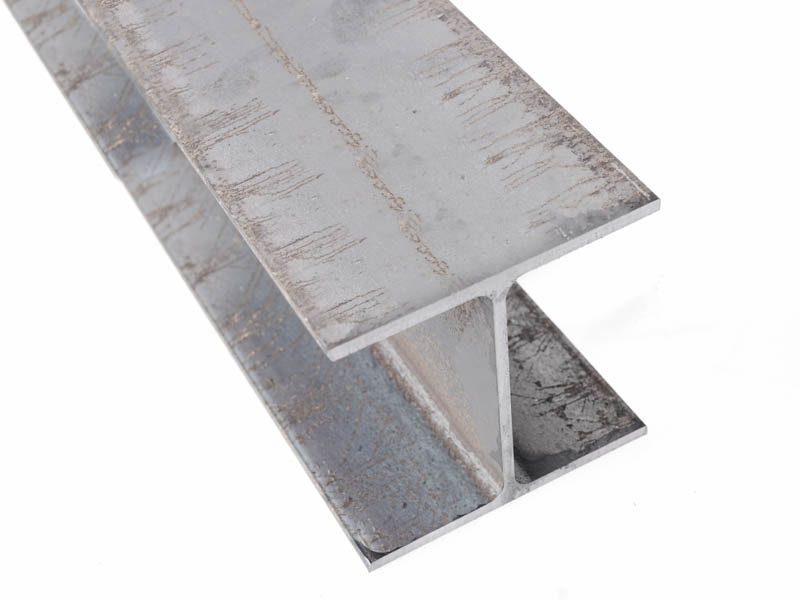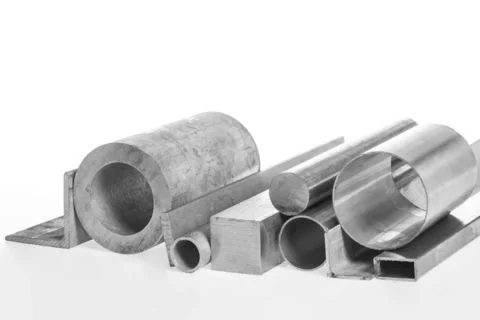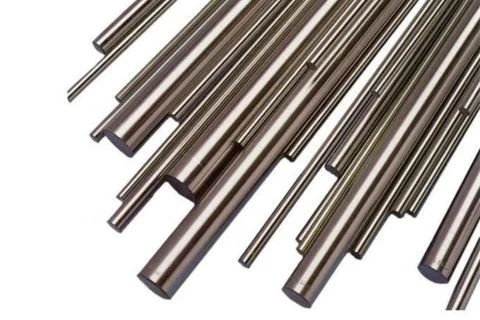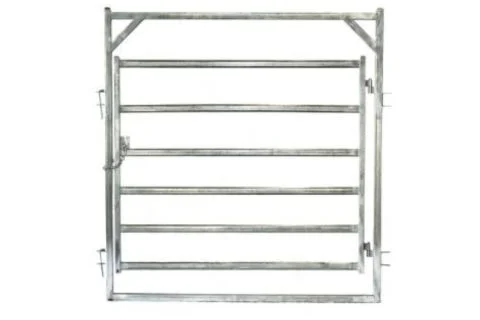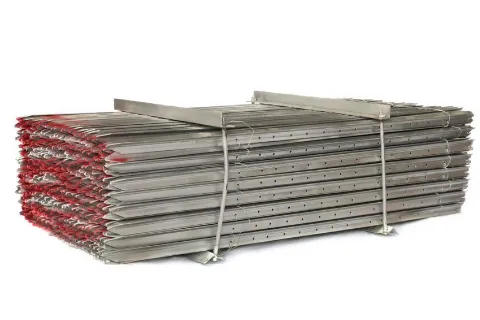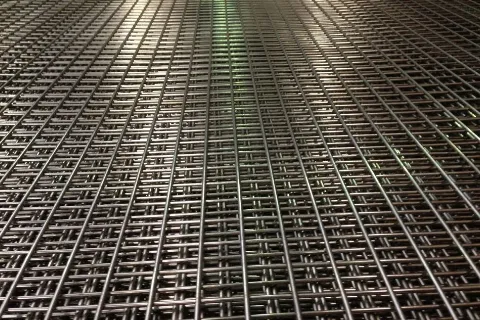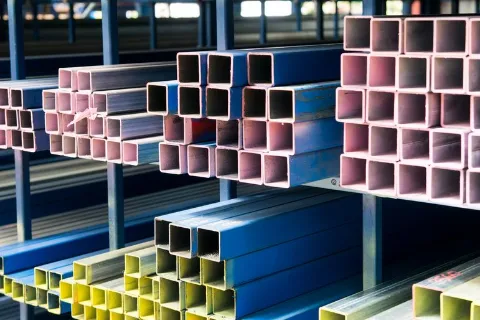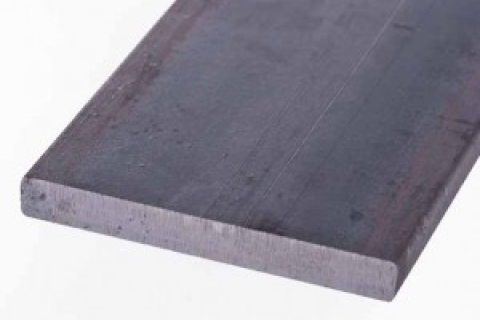Beginners Guide to Steel: Tool Steel

The latest edition of our beginner’s guide to steel is all about tool steel. From shaping intricate components in automotive manufacturing to crafting precision instruments in the medical field, tool steel plays a crucial role across many industries. Edcon Steel stocks a range of tool steels, now available in-store and online.
Here, we delve into tool steel’s characteristics, applications, and types.
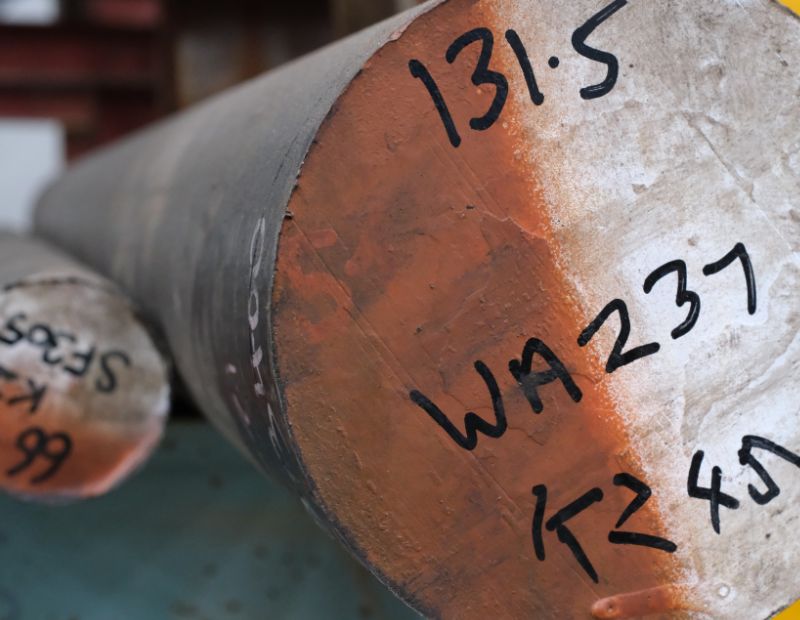
What is tool steel?
Tool steel is a diverse group of carbon and alloy steels specifically designed for tool production. Known for their exceptional hardness, abrasion resistance, and ability to withstand high temperatures, tool steels are tailored to meet the demands of cutting, shaping, and forming materials in industrial processes.
One of the defining characteristics of tool steel is its exceptional hardness, allowing it to resist deformation even under high-stress conditions. Tool steel retains a degree of toughness despite its hardness, enabling it to withstand impact and shock without fracturing.
Tool steel also has remarkable resistance to heat, wear and abrasion. Its ability to withstand elevated temperatures without losing its hardness or dimensional stability is crucial for high-speed cutting or shaping processes. At the same time, its wear resistance makes it ideal for applications involving repetitive or prolonged contact with other materials.
Tool steel applications
As the name suggests, tool steel is the material of choice for manufacturing dies, moulds, jigs, and fixtures. It enables the production of precise and intricate components across industries, including:
1. Automotive: Used to manufacture dies, moulds, and cutting tools for stamping, forging, and machining automotive components.
2. Manufacturing: metal stamping, injection moulding, and extrusion, where it is used to create dies, punches, and cutting tools.
3. Construction: Used to cut and shape steel, concrete, and other building materials and to manufacture construction equipment and machinery.

Types of tool steel
Several classifications of tool steel exist, each tailored to suit specific applications and manufacturing processes.
Cold Work Tool Steel: Cold Work tool steel is designed for operations at room temperature or slightly elevated temperatures. It offers excellent wear resistance and dimensional stability, making it suitable for forming, blanking, and shearing applications.
Hot Work Tool Steel: Hot Work tool steels are formulated to retain their hardness and strength at high temperatures, making them indispensable for applications involving hot forging, die casting and extrusion.
Plastic mould tool steel: Plastic mould tool steels are used to make moulds for manufacturing plastic parts. These steels are suitable moulds and dies for processes such as cold punching, hot forging, die casting, and plastic injection moulding
Stavax: Uddeholm Stavax ESR is a through-hardening corrosion-resistant plastic mould steel with very good polishability.
Calmax is a medium-alloyed tool steel suitable for short—and medium-run tooling in applications where a very high chipping resistance is required. The property profile makes Uddeholm Calmax a robust cold-work tool steel for heavy-duty blanking and forming.
High-Speed Steel (HSS): HSS is a type of alloy tool steel engineered to withstand high temperatures and maintain cutting performance at elevated speeds. It is widely used in cutting tools for machining operations.
View our range of tool steel.

Buy steel online. Delivery or In-store pick up.
At Edcon Steel, we’re your one-stop shop for steel. For decades, we’ve built a reputation as the steel experts with the biggest range and best service.
Available for a quote and online purchase 24/7, you can browse over 2,000 steel products. Plus, most of our stocked products can be custom-cut to your requirements, so you only pay for what you need.
Browse our online steel store or search to find the right steel or metal for your next project.

